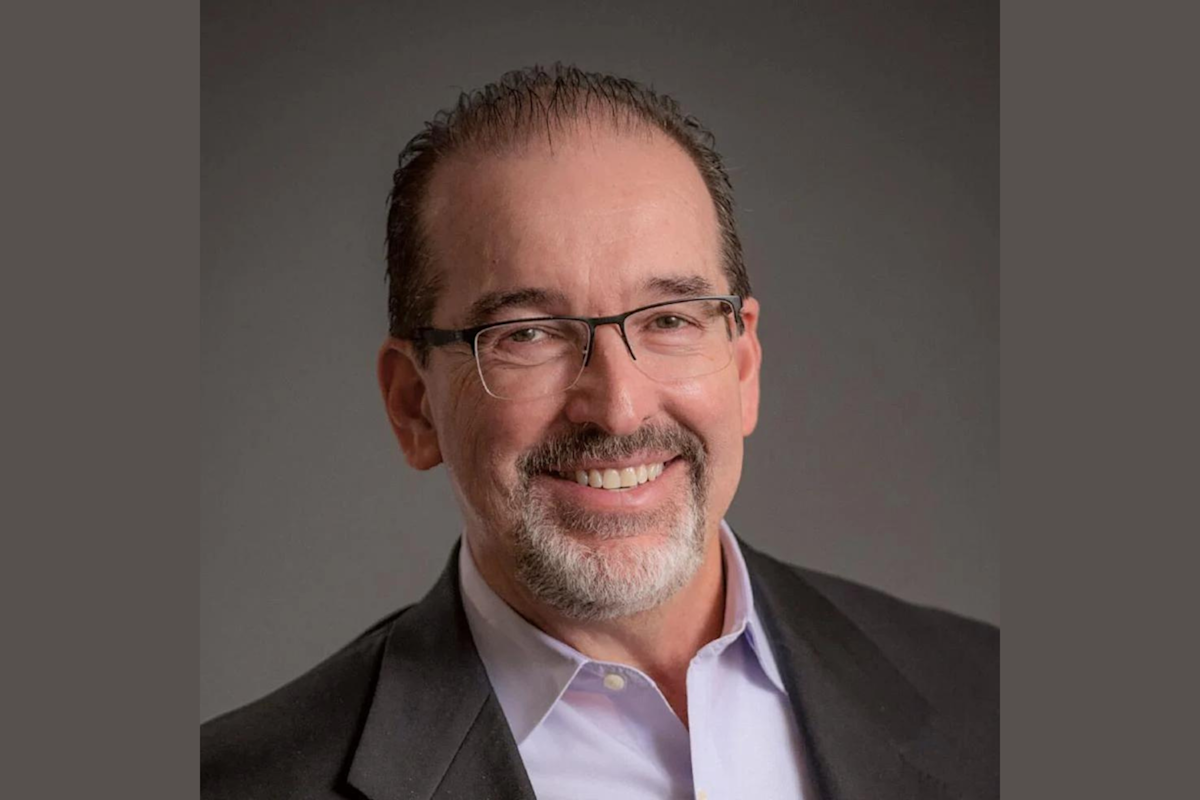This CEO started his career pumping gas and cleaning windshields. He said it taught him the secret to climbing the ladder without stepping on others
The battle for America’s fried chicken loyalty shows no signs of cooling. Yet amid the heat of the so-called “chicken wars,” Bojangles has quietly cooked up a comeback.
Since being taken private in 2019 for roughly $590 million, the North Carolina-based chain has nearly tripled in value (reportedly exploring a sale of upwards of $1.5 billion), and is now even preparing to bring its biscuits and Cajun chicken to New York City.
For CEO José Armario, though, success has always been about more than just market cap or a fancy title—it’s been about leading with humility.
“I personally think you can attract more bees with honey than with vinegar,” Armario told Fortune.
“You don’t have to be a jerk along the way. You can still get to the right place.”
Armario learned that lesson early. At just 12 years old, he started working at a Miami gas station, pumping fuel and wiping windshields, even though his manager never asked him to.
“I saw the light in people’s eyes when you do something nice for someone, and sometimes it got me a tip,” he said. “And what I found in later life is that there are so many ways to get to the end result that you’re looking for.”
That attitude shaped the rest of his career. By 14, he’d traded the gas pump for a spatula at the McDonald’s across the street, kicking off what would become a five-decade run in the food industry. While he was fired just three months in, he soon landed at Burger King, though he eventually made his way back to McDonald’s.
Armario knows the fast-food world from every angle—rising the industry ranks from Burger King crew member to a McDonald’s executive overseeing global supply chain, development, and franchising. Along the way, he developed a philosophy that success comes not from chasing titles, but from thinking strategically about the next step.
“I just always tried to look two steps up and say, okay, I think I could reach that, and so that always inspired me,” Armario said. “And while I have a really great title as CEO, I would say that I’ve had a lot of important titles along the way.”
During his career, Armario held leadership roles, including restaurant manager at Burger King, president of McDonald’s Chile, and later president of McDonald’s Latin America. Looking at the industry as a whole, he said results matter more than seniority—meaning that hard work is constantly noticed—and rewarded. But as Armario became a leader himself, he said his proudest moments came from developing others, not collecting personal accolades and stepping on others along the way.



Leave a Comment
Your email address will not be published. Required fields are marked *